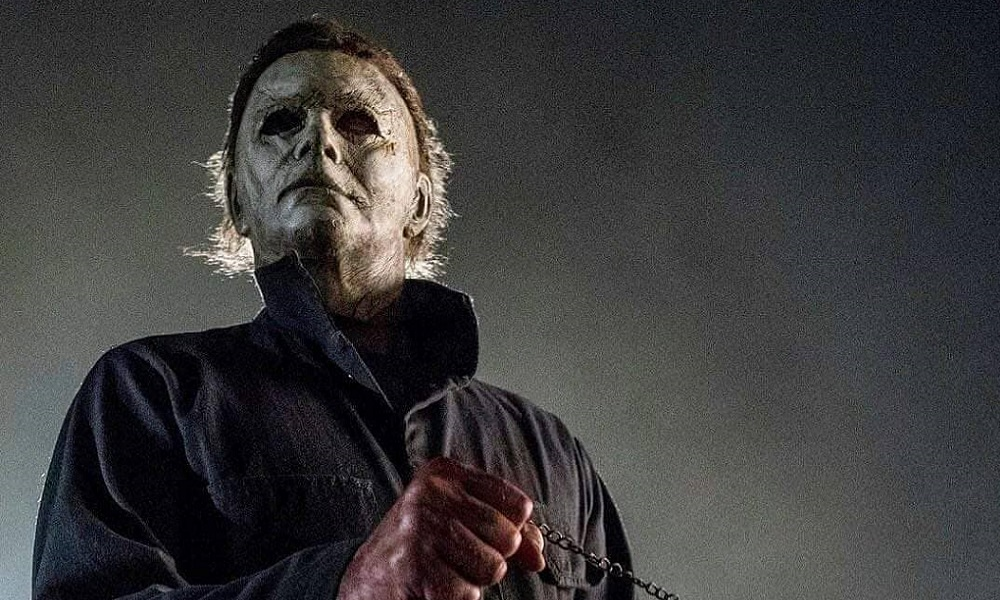
With the return of Jamie Lee Curtis to the Halloween franchise in 2018, the new series of Jason Blum produced and David Gordon Green directed films have garnered huge box-office results along with divisive critical response.
Premiering as part of the Midnight Section at the Toronto International Film Festival in September 2018, Halloween (2018) was a return to form for Michael Myers and company. Continuing where John Carpenter’s original 1978 Library of Congress inducted masterpiece left off (all while disowning prior sequels), Halloween told the story of trauma, the consequences of violence and the erasure of victim voices. Heralded by audiences and critics alike, the Shape found new meaning within a culture navigating #metoo and examining the repercussions of male violence.

With Laurie (Jamie Lee Curtis) now in her late 50s, audiences found her living a life filled with sorrow, regret and anger. In particular, anger drives Laurie as a character burdened with the lure of vengeance and broken by trauma. Like Sarah Connor of Terminator 2: Judgement Day (1991), she has transformed from prey to predator. She has the capacity to take action in the attempt to fix the wrongs of the past and potentially the future.
As Laurie navigates her transformation, the David Gordon Green sequel is very much the offspring of Carpenter’s original in tone and style. Driven by psychology and atmosphere, Halloween is the perfect compliment to the original film.
Whereas Halloween (2018) followed in the psychology of the first film, the sequel Halloween Kills (2021), was a brutal tale of violence. With Michael becoming increasingly more vicious, the film moved away from suggestiveness towards a more grind-house flare for carnage. Most interesting is that the film detours from Laurie’s trauma to that of Haddonfield’s, the small American town that the boogeyman has haunted for decades.
With legacy characters such as Tommy Doyle (Anthony Michael Hall) revisited as adults, Halloween Kills attempts to explore the potential for anyone to Michael Myers. Harkening back to the mob in James Whales’ Frankenstein (1931), director David Gordon Green brings to the screen Haddonfield’s own monstrous side. Although, well intentioned, the film loses itself to violence rather than the intensity that comes from the lurking threat of the unknown.
Now with the story supposedly concluding with Halloween Ends arriving in theatres this October, the trailer (see below) suggests the epic final showdown between Laurie and Michael. One can only hope that Halloween Ends is less grind-house and more Carpenter original. Less can certainly be more when it comes to horror.
Halloween Ends arrives in theatres October 14.

You must be logged in to post a comment.